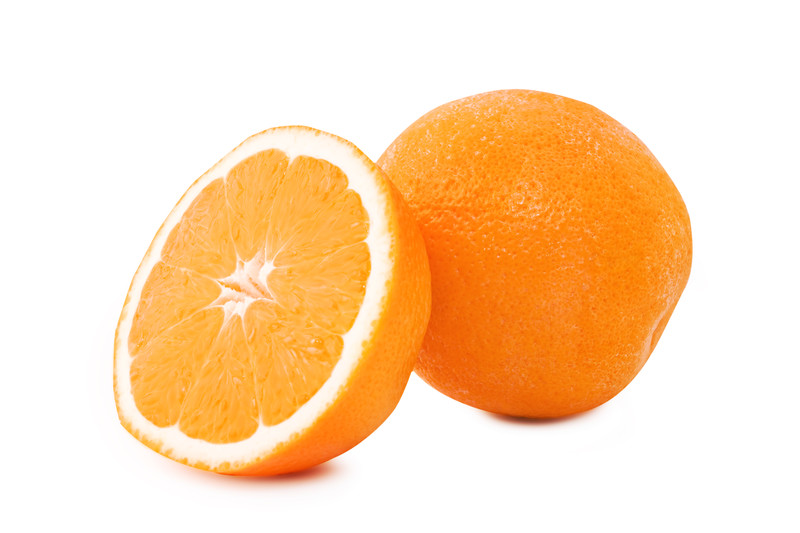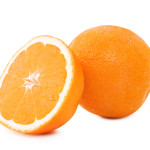The Power of Cleaning With Orange:
You have probably noticed that citrus fruits, such as oranges, lemons, limes, tangerines, and grapefruits have a clean scent. Eating citrus fruits can make you feel clean and healthy, but that is just the beginning of what these delightful fruits can do. They are also very useful for cleaning. Lemon is very good at removing unpleasant odors; perhaps you have seen environmentally conscious home maker’s clean kitchen cutting boards using only salt and lemon juice. For centuries, people have been using lemon juice and lime juice to keep cut fruit and vegetables fresh; it can even turn raw seafood into ceviche. These are just things that you can do with the juice of citrus fruits; the oil found in the skin (rind) of citrus fruits is even more powerful. It has been used in perfumes and soaps for a long time, but as the cleaning industry answers the call to use more environmentally safe products, citrus oils and found in more and more industrial cleaning products.
The Importance of Cleaning in the Hospitality Industry
Restaurants and hotels need to be very clean; their economic viability depends on it, since poor cleanliness can lead to negative customer reviews, and inspectors can even force them to close until they are clean enough to reopen. Not only that, but their normal activities can leave them much dirtier than a cutting board in a home kitchen that can just be cleaned with lemon juice and salt. Many commercial spaces, such as restaurants and hotels, use cleaning products made of petrochemical solvents because these products can clean very effectively, but these solvents sometimes can pollute the environment. Citrus oil, which goes by the chemical name D-Limonene, is an environmentally friendly option for cleaning.
What is D-Limonene?
D-Limonene is an oil found in the rinds and peels of citrus fruits. The concentration of D-Limonene found in a citrus fruit is far too low for it to be used in industrial cleaning; all it can do at those concentrations is make your hands smell clean. In order for it to be useful as an ingredient in industrial cleaning products, it must be refined into a much more concentrated product. Used alone, D-Limonene is an environmentally safe alternative to many cleaning products, including acetone, glycol ethers, methyl ethyl ketone, mineral spirits, and toluene. D-Limonene can also be used as an ingredient in detergents.
Max Appel is a pioneer in the development of citrus-based cleaning products. The first citrus-based product he made was Orange Glo furniture polish. Since then, he has made many other products with orange oil and citrus oil. Citrus-based cleaners can be used for everything from removing grease from kitchen appliances such as grills, stoves, and ovens to removing stains from clothing or carpets. It can be used as a substitute for many different solvent-based cleaners.
Manufacturers can claim on a product’s label that the product contains orange oil if it contains at least two percent orange oil by volume. To see how powerful the orange oil in a particular product is, read the information on the back about the product’s active and inactive ingredients. Pure orange oil is very strong; it is strong enough to melt plastic and remove the glue. It has a very strong smell in high concentrations. If you are cleaning with a product that contains a high concentration of orange oil, you should not use the product in a closed space; use it outdoors or open the windows if you must use it to clean an indoor area.
Citrus-based cleaners are still the wave of the future. They can keep commercial spaces clean without polluting the environment. If you like my blog (The Power of Cleaning With Orange), please share with others


